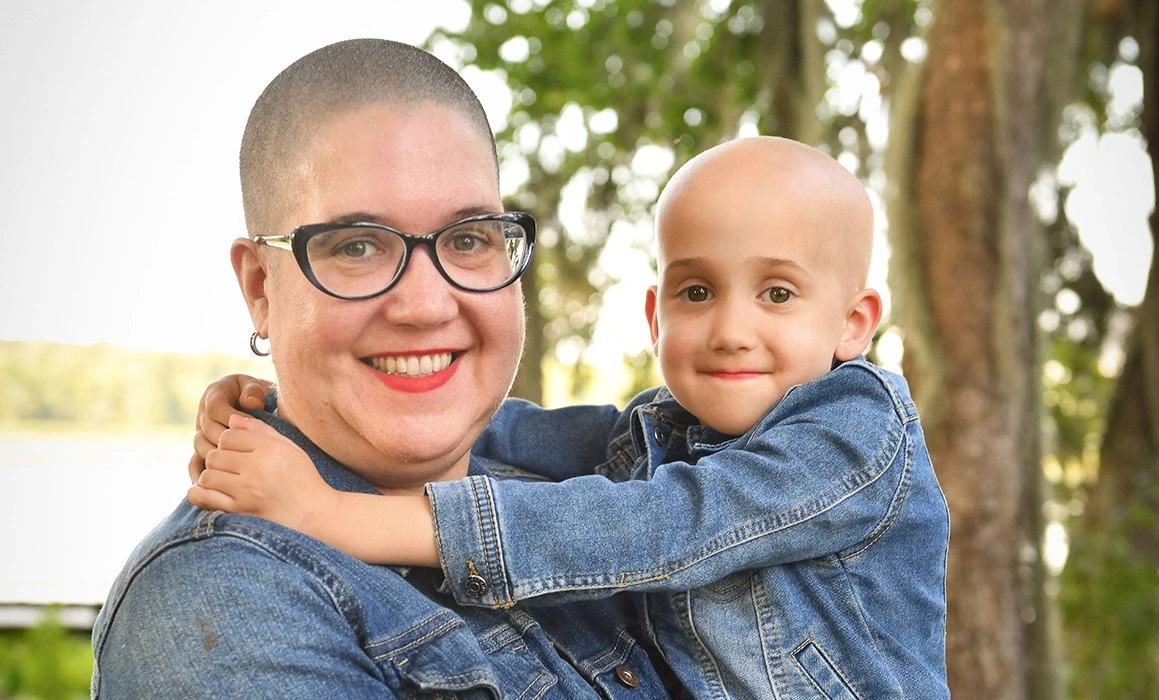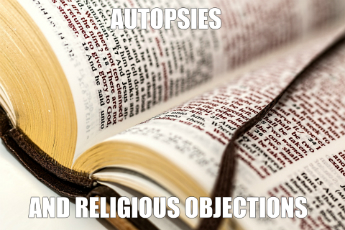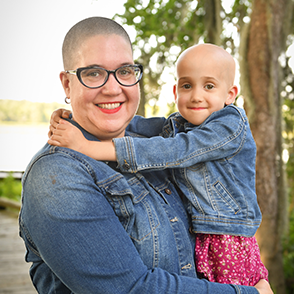“Medical Examiner’s office.” It was early on a weekend morning at the morgue.
“Yes,” a woman said. “Yes, I need you to come. I need someone to come.”
“Okay. What’s going on?”
“My husband is dead and I need you to come get him.”
“I’m so sorry. Where is your husband?” Color me shocked. Family members don’t typically call our office to report a death. It’s usually a medical professional or the police. In this situation, I wasn’t sure what to do.
“At a hotel. We’re at a hotel.”
“Have the police been notified?”
“No. There’s no reason to involve them.”
This was strange. Most grieving family members wouldn’t know to call a medical examiner or coroner. The average person would call 9-1-1.
“Unfortunately we’re not allowed to respond unless the police are present. So what I’m going to do is take your information and contact the police. After they’ve responded, someone from my office will come out.”
I called the police and then waited. It came out during their investigation that the deceased and his wife were Christian Scientists. There is some debate over what Christian Scientists believe with respect to medicine and treatment from doctors. According to the website I linked above, they do often receive treatments for injuries, child birth, and dental visits. But in my experience – in the capacity of a death investigator – Christian Scientists do not receive treatment for long term illnesses. Because they are not typically under the care of a physician when they die, they must be examined by a forensic pathologist.
However, autopsies are against their beliefs. Because of that, most – if not all – coroner/medical examiner’s offices will respect that and not conduct a full autopsy. Examinations will be limited to drawing toxicology fluids. This is all assuming that when the pathologist examines the deceased, no signs of injury/foul play are present. If anything suspicious is seen, the pathologist can legally mandate an autopsy.
Religious Objections to Autopsies
In addition to Christian Scientists there are at least two other religions where the family members will typically object to having an autopsy performed.
- Islam
- Judaism
There are probably other religions, but these are the two I encountered the most.
Whenever coroner/medical examiner’s can honor the request to not peform an autopsy, it’s done. There have been cases where someone was murdered and their family members objected but because it was a homicide and there was evidence that needed to be recovered, we were not able to honor that request. However, we will still do what we can to respect the family and decedent’s religious traditions.
Case Example
The following is hearsay at its finest. I heard this story from someone I used to work with.
An invidual who was Jewish was murdered. The family didn’t necessarily oppose to the autopsy but requested that a rabbi be in attendance. Also, it was requested that anything that came into contact with the decedent’s blood (excluding evidence) be sent with the decedent to the funeral home so that he could be buried whole. Accomodations were made. The rabbi was in attendance and disposable tools – such as plastic scalpel handles, which are normally metal – were purchased. After the autopsy was complete, everything. EVERYTHING that came into contact with the deceased was sent with the deceased. Once again, this did NOT include:
- Evidence
- Tissue Samples
- Toxicology Specimens
But items such as:
- Towels
- PPE(Personal Protective Equipment)
- Masks
- Plastic gowns
- Shoe covers
- Gloves
- Scalpel blades
- Plastic scalpel handles
were placed into bags/sharps containers and sent with the deceased.
As I said before, coroners and medical examiners are not insensitive to religious views. Whenever we can accomodate the family’s request, we will do so.
Non-Religious Objections
Technically, any immediate family member can object to an autopsy. At the first office I worked at, there was paperwork we had the family member sign. One form was designated for religious objections, the other form was for non-religious objections. Signing the paperwork did not guarantee that an autopsy would not be performed.
Why would someone oppose an autopsy?
In cases where religion is not a factor, it’s usually because people don’t understand what an autopsy is and also because they want to have an open-caskett viewing and are afraid an autopsy would prevent that. To be clear, an autopsy will do nothing to prevent an open-caskett viewing. There is nothing done during the autopsy that a funeral home can’t fix later. Obviously there are cases where severe head trauma can pose a challenge to the embalmer but in those cases, the head trauma was caused from the death not from the autopsy.
Whenever I encountered someone who objected to having an autopsy done on their loved one, I took the time to find out what their concerns were and then did my very best to put them at ease regarding our procedures. My end of the conversation went something like this:
“We start with an external exam – searching for signs of injury. We also document identifying marks such as scars, tattoos, and birth marks. Once the external exam is complete, the internal exam beings. During the internal exam, we continue looking for signs of injury or illness. We also take some blood and urine samples and send those off to a toxicology lab. The actual exam will take 45-60 minutes to complete. After the exam, [insert deceased name here] will be ready to go to a funeral home of your choice. The pathologist will not say what the cause of death is until he receives the toxicology report back. Those results will take roughly 6-8 weeks. Once the pathologist has that report along with the medical records (and police report if there was one,) he’ll sign the death certificate. This procedure is necessary for us to determine how [insert deceased name here] died. Without it, we might not be able to tell you why he/she died.”
Most of the time, after explaining to people what the procedure meant, they felt better about it. But if someone still objected to an autopsy after I explained the procedure, I made a note of it in the case file and let the pathologist know. If after reviewing the case, the pathologist felt an autopsy was needed, the family would receive a phone call from either the pathologist or an investigator, explaining why the autopsy was necessary.
Under state law, we do not need permission from the family to perform an autopsy – even if there is a religious objection. However, we always did our best to accomodate the wishes of the family.
I was not the investigator who attended the hotel death mentioned earlier. By the time the police finished conducting their investigation, I was already on another scene. As far as I remember, the death appeared natural and we were able to honor the decedent’s religious beliefs. An autopsy was not performed.
If you have any questions, please leave them in the comments or send an email to contactme@amariesilver.com.
Thanks for shopping Snark, Sass, & Sarcasm! I’ll see you next time.
Share this:
- Click to share on Facebook (Opens in new window)
- Click to share on Twitter (Opens in new window)
- Click to share on Pinterest (Opens in new window)
- More
- Click to share on Reddit (Opens in new window)
- Click to share on Telegram (Opens in new window)
- Click to print (Opens in new window)
- Click to share on Pocket (Opens in new window)
- Click to share on LinkedIn (Opens in new window)
- Click to share on WhatsApp (Opens in new window)
- Click to share on Tumblr (Opens in new window)





